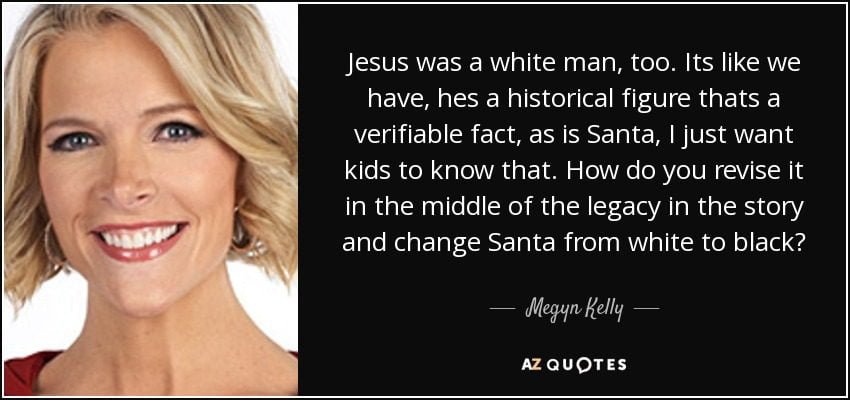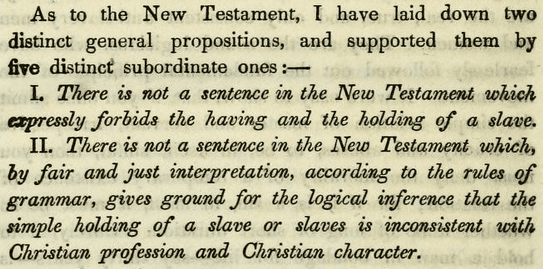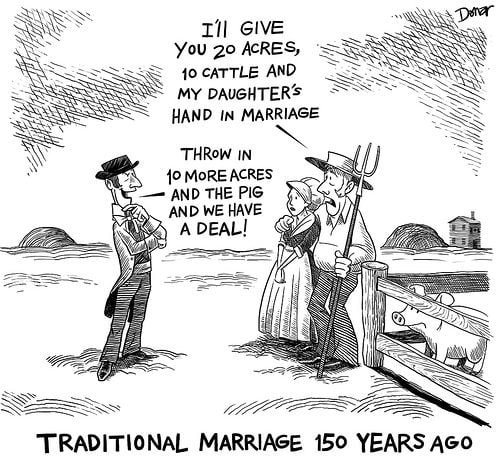 Have you ever wondered why Blacks have dark skin? Back in the days of my youth, my pastors believed it an important question to answer. Now, no one ever asked, “have you ever wondered where Whites get their light skin?” What was vitally important was sussing out a definitive answer for why some people had Black skin. The easy answers, of course, were melanin and proximity to the equator, but when you believe the Bible is the inspired, inerrant, infallible Word of God, the right answer to this question must come from the Bible. After all, the Bible is God’s supernatural answer book. Whatever the Bible says about history, biology, and genetics is true. Now, the Bible never explicitly explains why Blacks have dark skin, but since Adam and Eve were White, well, where did Blacks come from? No amount of white-on-white breeding will produce Black children, so there must be a “Biblical” answer to why so many people have dark skin, right?
Have you ever wondered why Blacks have dark skin? Back in the days of my youth, my pastors believed it an important question to answer. Now, no one ever asked, “have you ever wondered where Whites get their light skin?” What was vitally important was sussing out a definitive answer for why some people had Black skin. The easy answers, of course, were melanin and proximity to the equator, but when you believe the Bible is the inspired, inerrant, infallible Word of God, the right answer to this question must come from the Bible. After all, the Bible is God’s supernatural answer book. Whatever the Bible says about history, biology, and genetics is true. Now, the Bible never explicitly explains why Blacks have dark skin, but since Adam and Eve were White, well, where did Blacks come from? No amount of white-on-white breeding will produce Black children, so there must be a “Biblical” answer to why so many people have dark skin, right?
As a young Independent Fundamentalist Baptist (IFB), I was taught that Genesis 4 clearly revealed to any racist who wanted to know why Blacks had dark skin. Genesis 4:15 says:
And the Lord said unto him, Therefore whosoever slayeth Cain, vengeance shall be taken on him sevenfold. And the Lord set a mark upon Cain, lest any finding him should kill him.
Genesis 4 details the story of Cain murdering his brother Abel. One of God’s punishments for Cain was setting a “mark” upon him. More than a few Baptist preachers, especially Southern Baptist segregationists in the South, believed that this mark was God turning Cain’s oh-so-European White skin Black. These Jesus-loving racists went to great lengths to trace the lineage of Cain down through history, showing — in their minds anyway — that Cain’s descendants had Black skin. Of important note was the fact that Noah’s son Ham married a Black descendant of Cain, thus continuing the curse down through human history. I knew of Baptist preachers who spent countless hours tracing the genealogy of Cain through the pages of the Bible. These preachers believed that Blacks were intellectually inferior to Whites, and were best suited for manual labor. Slavery in the United States was justified by Christian pastors who believed the Bible taught that Blacks were a cursed race that needed redemption. Slavery, then, was an act of benevolence — White slave owners giving their Black charges a far better life than they would have had in Africa or the Caribbean islands. This wretched thinking continues to drive how the United States interacts with countries with populations that are primarily non-White — you know, Trump’s “shit-hole countries.” These poor, inferior, ill-bred, ignorant people need our benevolence and help, even if it is given to them through military force or a coup.
By the time I left Midwestern Baptist College in the mid-1970s, I had cleansed my mind of the racist training of my youth. Sadly, Midwestern was rife with students and professors who believed that Blacks were inferior/cursed. I don’t believe the founder of the college, Tom Malone, held these views. After all, the college had a handful of Black students, far more than Bob Jones University had at the time. Malone, by the way, was a graduate of Bob Jones College and came of age in Alabama in the 1920s. If he was racist, it wouldn’t have surprised me, but I never saw anything from him that suggested he was. The same couldn’t be said for the man who was in charge of the bus ministry. Under his watch, he canceled all the bus routes to and from Detroit. These routes normally ran in the afternoon, bringing riders to what was called “B Sunday School.” Since most of the riders from Detroit were Black, students considered the afternoon “B Sunday School” to be “Black Sunday School.”
All freshman students were required to work on a bus route. After I returned to college for my sophomore year, I quit the bus ministry, choosing instead to preach on Sundays at a drug rehabilitation center in Detroit. The bus director cornered me one day as I was leaving school and chastised me for quitting my bus route. He told me I had a bad attitude — no shit, Sherlock! The bus director got more than he bargained for. I replied, “And you are a racist! I know why you canceled “B Sunday School!” We parted company, never to speak to one another again.
In the late 1980s, I attended a Street Preacher’s Conference in Washington, DC. While there, I met a man who was a rabid follower of IFB preacher Peter Ruckman. As we were fanning out from the Washington Mall to preach, the man told me that he didn’t bother witnessing to Blacks. “They don’t have souls, you know, so there’s no reason for us to witness to them.” I couldn’t believe what this “godly” man was saying. He was condemning to Hell a vast portion of the human race, all because they had the wrong skin color. I told him I didn’t believe such nonsense, and then I quickly walked away.
Racism is alive and well in the IFB church movement, the Southern Baptist Convention, and Evangelicalism as a whole. Thanks to our former White-Supremacist-in-Chief, Donald Trump, racists driven deep into the closets of Evangelicalism have now found the light of day and are quite willing to vocalize their racism and bigotry. That a Christian member of Congress can ponder out loud his wonderment over White supremacy being a “bad” thing, and Christian Fox News hosts can say that there’s no racism in the United States, tells me that we are far from living in a post-race world. And if God is for racism and bigotry, who are we to argue with the white Jesus, right?
Bruce Gerencser, 67, lives in rural Northwest Ohio with his wife of 46 years. He and his wife have six grown children and sixteen grandchildren. Bruce pastored Evangelical churches for twenty-five years in Ohio, Texas, and Michigan. Bruce left the ministry in 2005, and in 2008 he left Christianity. Bruce is now a humanist and an atheist.
Your comments are welcome and appreciated. All first-time comments are moderated. Please read the commenting rules before commenting.
You can email Bruce via the Contact Form.




